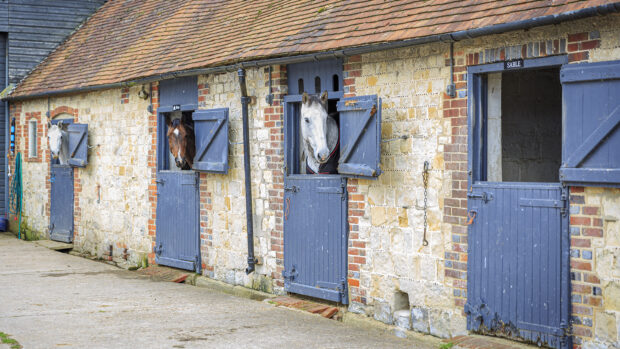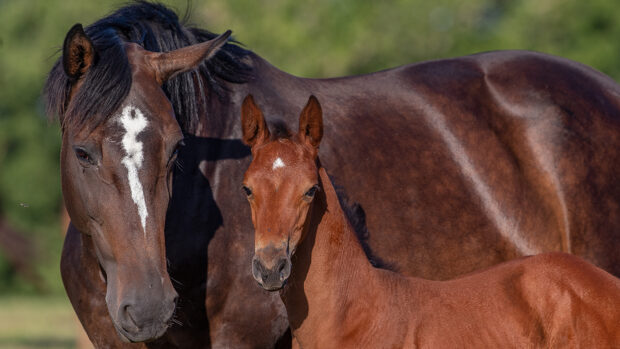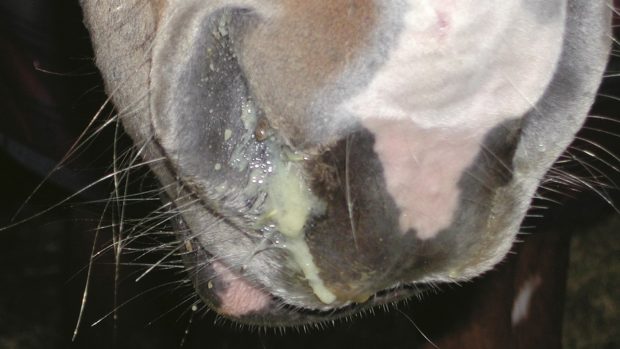The Equine Herpes virus can lie dormant in our horses. Once unleashed it can cause severe illness and post-viral syndrome.
Until recently, vaccinations against herpes viruses offered limited protection. They were typically used to prevent abortion in breeding mares and very few non-breeding horses received them.
But a new vaccine recently became available and this has been shown to be better at preventing the respiratory disease than its predecessors were. It is also effective as a means of preventing abortion, which is probablyits most significant value.
The fact that the large majority of our adult (previously unvaccinated) horses will either have had or be carrying Herpes virus makes vaccination a problematical area. If the body is already failing to mount a protective immunity to the virus what chance has the vaccine?
In fact, it is more complex than this because even vaccinated horses may continue to harbour the virus and, under stress, it can flare up again.
Vaccination of young horses (prior to exposure to the virus) would reduce the number of cases that develop clinical disease. So it is best to vaccinate at a very young age, before the youngster is removed to stables and training yards.
Vaccination of older horses, which might have latent virus within the body, is probably not valuable because it will not reduce the latent forms of the virus and, indeed, there have been suggestions that vaccination may precipitate the neurological form of the disease.
Itis important to recognise, however, that the new vaccine is a considerable advance on the older ones and certainly has a valuable use.
Click here to read about alternative answers to equine vaccination



